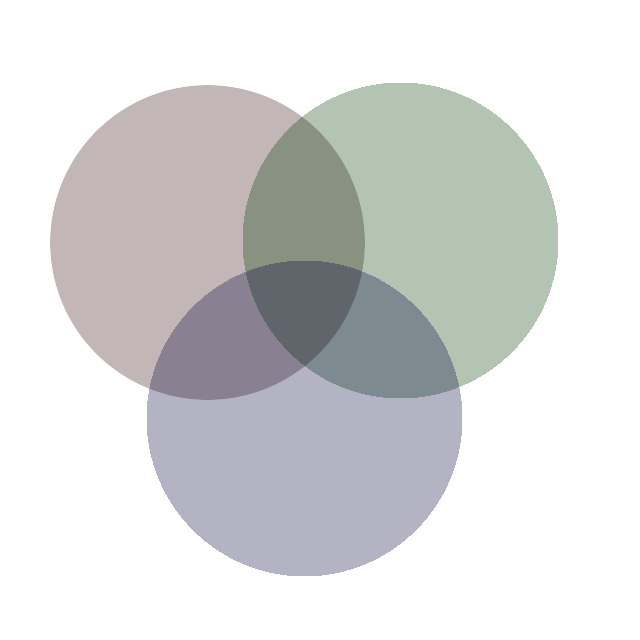Why I Will Not Analyze The New WikiLeaks Data
By now you surely have read about the latest massive disclosure of classified documents from WikiLeaks. Unlike the previous two disclosures, which were thousands of Significant Activities reports (SIGACT) from the Afghanistan and Iraq wars respectively, the latest leak are hundreds of thousands of cables communicated between the U.S. State Department and its many diplomats deployed around the world. As many of you know, after the first WikiLeaks disclosure on the Afghanistan War I—along with others—generated several analyses and visualizations based on this data.
I am a strong supporter of government transparency, and open data and analysis more generally. I viewed the first large WikiLeaks disclosure as an unprecedented opportunity to show the power of such openness. This, however, was not without reservation. Having worked inside the U.S. intelligence community, I was cognizant of the potential damage these data could do; first with respect to the U.S. government, but more importantly to those individuals working inside Afghanistan. Mindful of this, we focused on aggregate-level analyses of the data, and did not investigate individual reports or expose the names they contained.
I still believe that significant and meaningful discoveries are yet to be made from the Afghanistan disclosure about conflict, its effect on civilians, and the spatial-temporal nature of violence. I do not, however, believe that such discovery was ever the intent of the WikiLeaks organization. To the contrary, WikiLeaks's continued and reckless pursuit of classified document disclosures seems to have much more to do with the proclivities of the organization's founder, and very little to do with building knowledge or improving democratic discourse.
The latest leak typifies the identity and culture of WikiLeaks and by continuing to analyze new disclosures I am tacitly supporting this, which is something I will not do. WikiLeaks' motivation is that of a court jester, to mock and ridicule the contradictions of a state. However, they present themselves as a sage with the wisdom to adjudicate the public relevance of all information, which is the greatest contradiction of all.
To be clear, this is an entirely personal decision, and is not meant to discourage others from endeavoring to glean insight from this new data. The substantive value of the day-to-day machinations of diplomats, however, is dubious at best—even at aggregate.
Openness of information can lead to great things, not the least of which is the democratization of knowledge in ways never before possible. Shoving private messages into the public sphere without any context or care for the consequences can lead to misunderstanding, fear, and aggression. Unfortunately, WikiLeaks appears to be in the business of promoting the latter.
